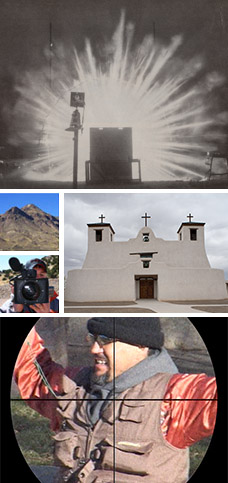
ion, interdiction, response, and mitigatio
n of a suicide bombin
g atta ck.
DHS sponsored and cer
tified train-the-t
rainer course in Playas, New Mexico
Awareness and performance level classes available locally
Click here to see PRS is the largest test site at BI Training Schedule
Understanding and Planning for School Bomb Incidents (UPSBI)
Online course for emergency responders and school staff that addresses the issues involved in formulating safe and effective response plans for school bomb incidents.
DHS sponsored and certified awareness course available online
Web Campus
Initial Law Enforcement Response to Suicide Bombing Attacks (ILERSBA)
ILERSBA was developed with support and cooperation from the Department of Homeland Security, National Bomb Squad Commanders Advisory Board, and New Mexico Tech to provide front line law enforcement officers with the skills and knowledge to effectively interdict and respond to an imminent suicide bombing attack (person-borne or vehicle-borne) or a non-suicide attack involving a vehicle-borne device.
To learn more click here
Medical Preparedness andEMRTC Response for Bombing Incidents (MPRBI)
New Mexico Tech and The National Emergency Response and Rescue Training Center (NERRTC) on behalf of the Department of Homeland Security (DHS) Federal Emergency Management Agency (FEMA) National Preparedness Directorate have developed courses as part of the National Domestic Preparedness Consortium's curricula to improve the abilities of

